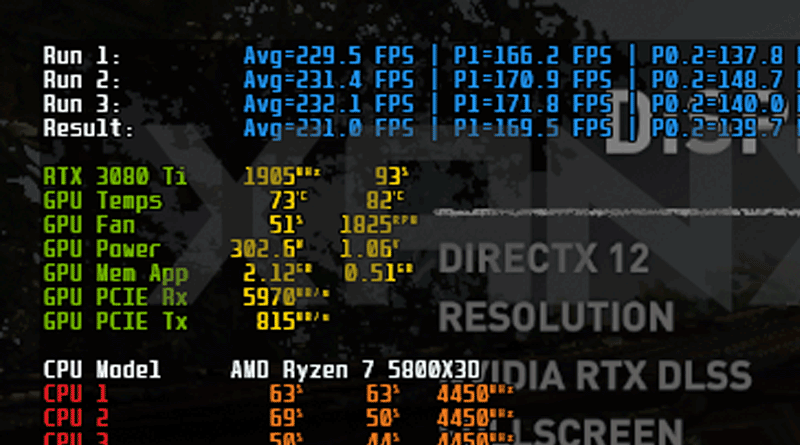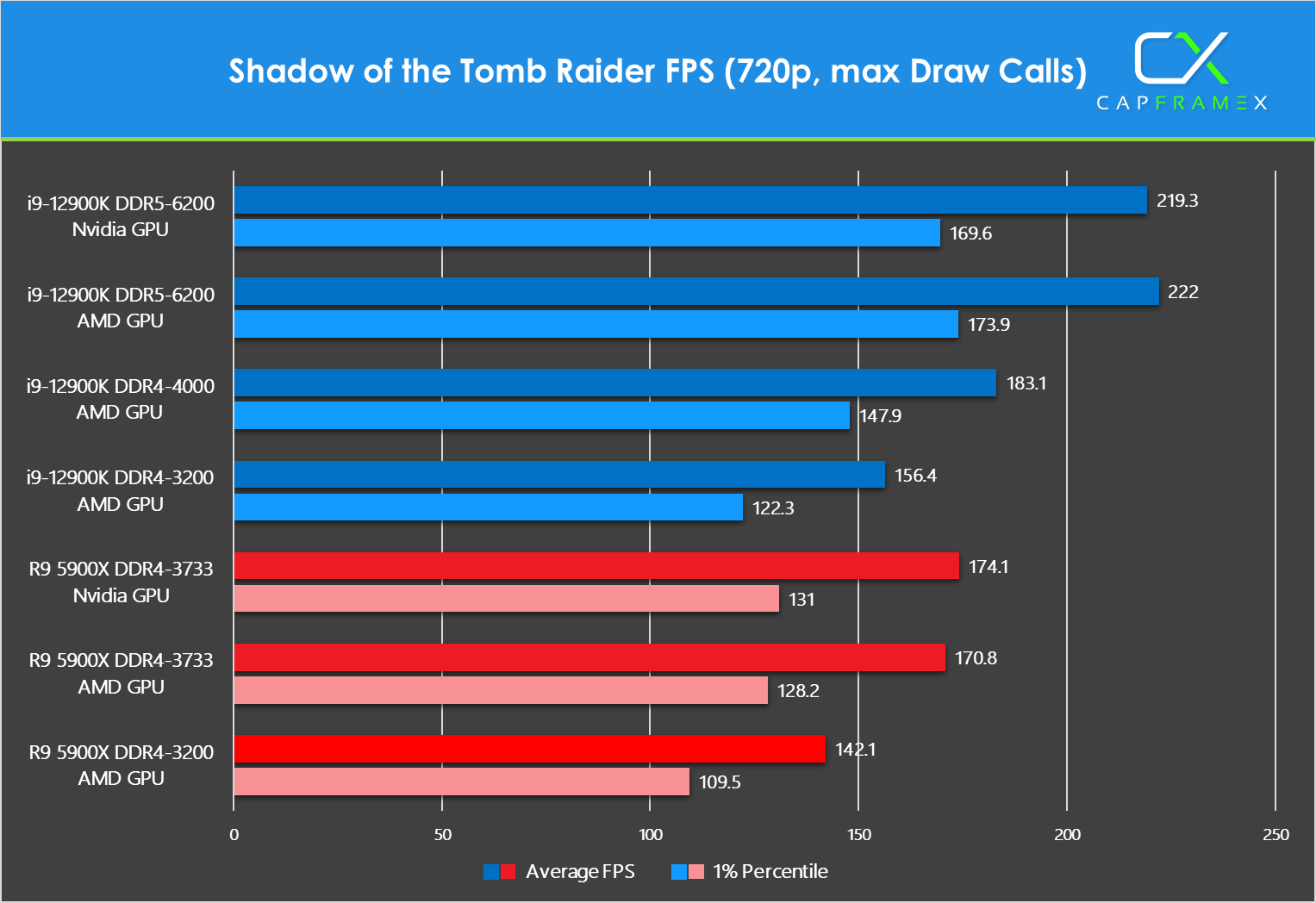When has Gamers been an important segment for either Intel, AMD or ARM?
ARM? Which gamers are we talking about? Mobile gaming is huge, and very important to ARM mobile products.
As for AMD and Intel, gaming was arguably a bigger share of their market in the past, though it's difficult to quantify. Really early gamers (pre-Win95) basically ran their stuff on DOS machines that essentially doubled as office equipment. The amount of specialized gaming hardware that also didn't have applications elsewhere was limited to maybe soundcards and a few exotic, high-end 2D cards like the old Matrox cards. Intel didn't even really have server-class hardware until the Pentium Pro.
But this is too low a resolution.
Don't start that fight. 720p is chosen to remove video cards as a bottleneck. Realistically people aren't going to game in 720p so the value of having a CPU that can run that much faster than a 12900KS @720p is . . .questionable? Yet, if you really want to know, 720p is a good way to find out.









